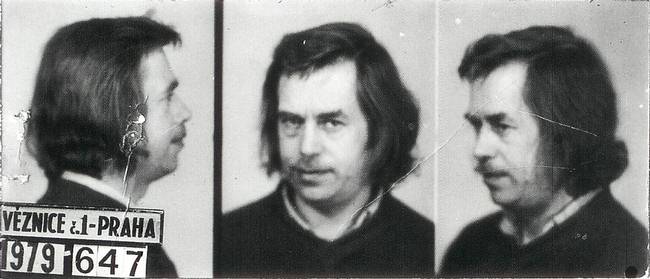
Sealing the Division of Europe. In this lecture, I will consider the practical and symbolic significance of the erection of the Berlin Wall.
- Previously secret: Letter from Walter Ulbricht to Nikita Khrushchev, September 15, 1961: HERE
26. DISCUSSION SECTION: Friday, March 20
For this section, I would like you to engage in an open-ended and spirited discussion about how far we should be willing to go to defend domestic and international stability. In 1961, the US accepted the construction of the Berlin Wall because it was not worth the threat to world peace to challenge the Soviet and East German governments. Everywhere and at any time politicians face this challenge between their ideals (e.g., about human rights) and their “realistic” assessment of conditions (e.g., the need for social peace). How does this tension apply to our own country’s foreign and domestic policies?
Paragraph Assignment: When our own territorial integrity is not threatened, are there circumstances in which we are obligated to go to war in defense of a country or people whose values we share? Or, aside from treaty obligations, are there no such obligations?
After this section, you should begin reading Vaclav Havel’s magnificent, “Power of the Powerless.” We will discuss the first half of the essay at next week’s section.
27. LECTURE: Monday, March 23
Czechoslovakia tries and fails to define a version of socialism with a “human face.” The experiments in socialist reform in both Hungary (1956) and Czechoslovakia (1968) were both overturned by Soviet bloc troops. The Czechoslovaks were different than their neighbors in that they tried to engage in reform within Marxism-Leninism.
- The “Action Program” of the Communist Party of Czechoslovakia, April 10, 1968 (excerpts):HERE. (Print and Read)
-
“Two thousand words that belong to workers, farmers, officials, scientists, artists and everybody,” June 27, 1968: HERE
-
An excellent video of the “Prague spring”: HERE
- Keep reading Havel’s “Power of the Powerless”
28. LECTURE: Wednesday, March 25
Strategies of Stabilization. After the crushing of the Prague Spring, the leaders of the communist regimes in the Soviet Union and East Europe were intent upon finding ways to buy off the loyalties of their populations. When Vaclav Havel refers in “Power of the Powerless” to a post-totalitarian society, he is speaking about these strategies.
-
Kadar’s “Goulash Communism”: HERE
-
Announcing the new “Wartburg 1000″: HERE
-
Building the Trabant: HERE
- Trabant Crash Test: HERE
-
“Wir tragen die blaue Fahne”: HERE
29. DISCUSSION SECTION: Friday, March 27

In this section, we will discuss the first half of Vaclav Havel’s “Power of the Powerless”
Paragraph assignment: In Havel’s characterization, what are the defining differences between totalitarianism and post-totalitarianism?
In preparation for this discussion, also consult:
- Plastic People of the Universe: HERE (Do you have to be a good musician to be a good dissident? From what song and what superlative musical group did Havel’s favorite band get its name?)
- “Declaration of Charter ’77,” January 1, 1977: HERE (Read and Print)
30. LECTURE: Monday, March 30
The emerging Culture of Dissident in the Soviet Bloc. In the context of the communist regimes’ stabilization strategies, small groups of dissidents and intellectuals began to test the limits of permissible behavior. It’ is important to differentiate between what we think their grievances should have been and what they actually were.
- Previously secret: Central Intelligence Agency, “Dissident Activity in Eastern Europe: An Overview,” April 1, 1977: Skim HERE
31. LECTURE: Wednesday, April 1

The End of the Cultural Revolution and the Makings of a “New China.” I will speculate on what kind of change was or was not possible in China in the 1970s. It’s interesting to compare this period with Nikita Khrushchev’s pronouncements at the 20th Congress of the CPSU. There are some similarities and differences.
- Deng Xiaoping, “The ‘Two-Whatever’ Policy Does Not Accord With Marxism,” May 24, 1977 (excerpts): HERE (Print and Read)
- Deng Xiaoping, “Mao Zedong thought must be correctly understood,” Third Plenary Session of the Tenth Congress of the Chinese Communist Party, July 21, 1977 (excerpt): HERE. (Print and Read)
32. NO DISCUSSION SECTION: April 3
Easter: April 3 – April 6
The use of electronic devices of any kind, including laptops, video cameras, cell phones, motion detectors, and personal digital devices, is prohibited in my classroom!

